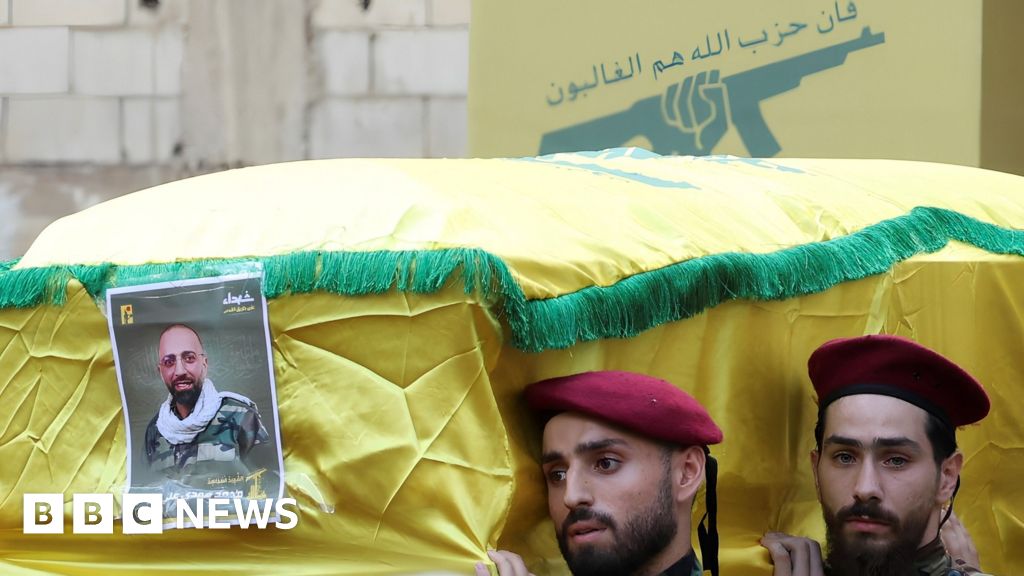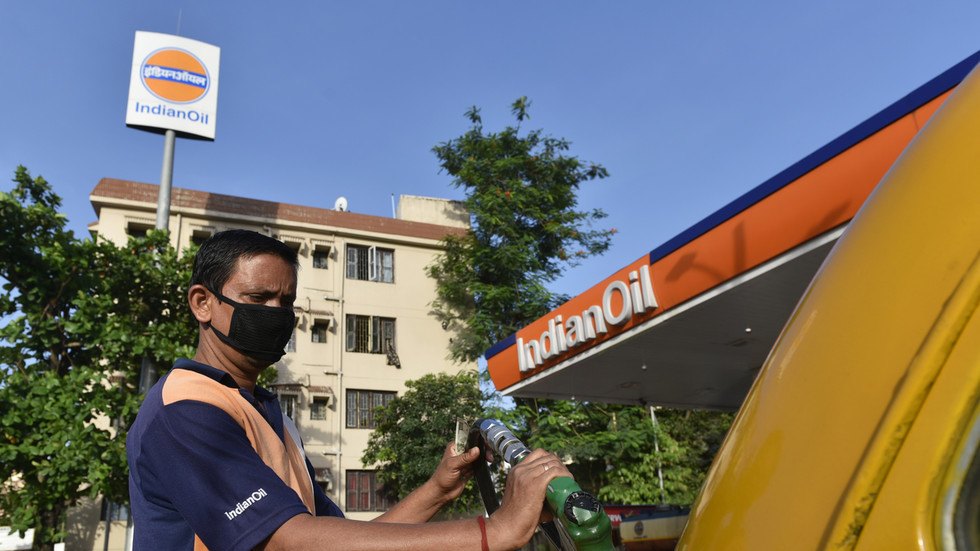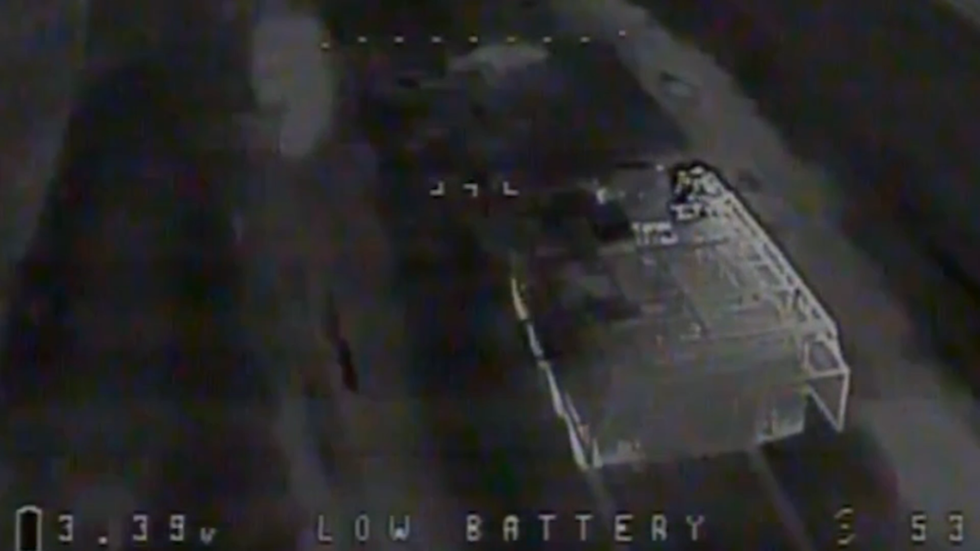Attack on police training academy and nearby airport one of the worst since unrest began more than a decade ago.
Published On 20 Sep 2024
More than 70 people are thought to have been killed in an attack by an al-Qaeda-linked group on Mali’s capital Bamako earlier this week, according to diplomatic and security sources.
Hardline fighters from the Jama’at Nusrat al-Islam wa al-Muslimeen (JNIM) carried out the attack on an elite police training academy and the nearby airport on Tuesday, prompting shock and anger in the West African country.
A security source, speaking on condition of anonymity, told the AFP news agency that 77 people had been killed and 255 injured in the attack.
An authenticated confidential official document put the toll at about 100, identifying 81 victims, AFP added.
Two diplomats serving in the region, including one based in Bamako, told the Reuters news agency the death toll was believed to be in the 70s.
A third diplomat based in the region said hundreds were believed dead and injured, and hospitals had run out of beds to treat the victims.
The country is fighting an armed uprising that began more than a decade ago in its arid north. It has also spread to neighbouring countries in the Sahel region leaving thousands dead and forcing millions from their homes.
The attack undermines claims from the military, which seized power in a coup in 2021, to have stabilised the situation after the departure of French troops and turning to Russia for security.
Mali’s military rulers have acknowledged some losses.
JNIM claimed that a few dozen of its fighters had killed and wounded “hundreds” from the opposing ranks, including members of the Russian mercenary group Wagner.
It published videos on social media that showed its fighters firing randomly into the windows of the presidential hangar and destroying aircraft.
A plane used for humanitarian work by the World Food Programme (WFP) was one of those damaged, according to National Airways Corp, the South African aviation company that owns the plane.
Djaounsede Madjiangar, a WFP spokesperson, said the aircraft was used to “transport aid workers and provide emergency humanitarian aid in remote areas of Mali”.
He added: “It’s true that it’s not the only plane we use in Mali, but this reduces our humanitarian response capacity to give to civilians, given that we have several destination points.”
There was widespread international condemnation of the attack including from United Nations Secretary-General Antonio Guterres, neighbouring Senegal, African Union Commission Chairman Moussa Faki Mahamat, and the embassies of France and the United Kingdom.
Jean-Herve Jezequel, Sahel project director at the International Crisis Group, told the AFP news agency that JNIM could be “trying to send a message to the Malian authorities that they can hit them anywhere and therefore that the big cities must also be protected”.
He said the aim could be to force the government to concentrate its resources in populated areas and have fewer troops in rural areas where these “groups have established their strongholds”.

 3 months ago
10
3 months ago
10









